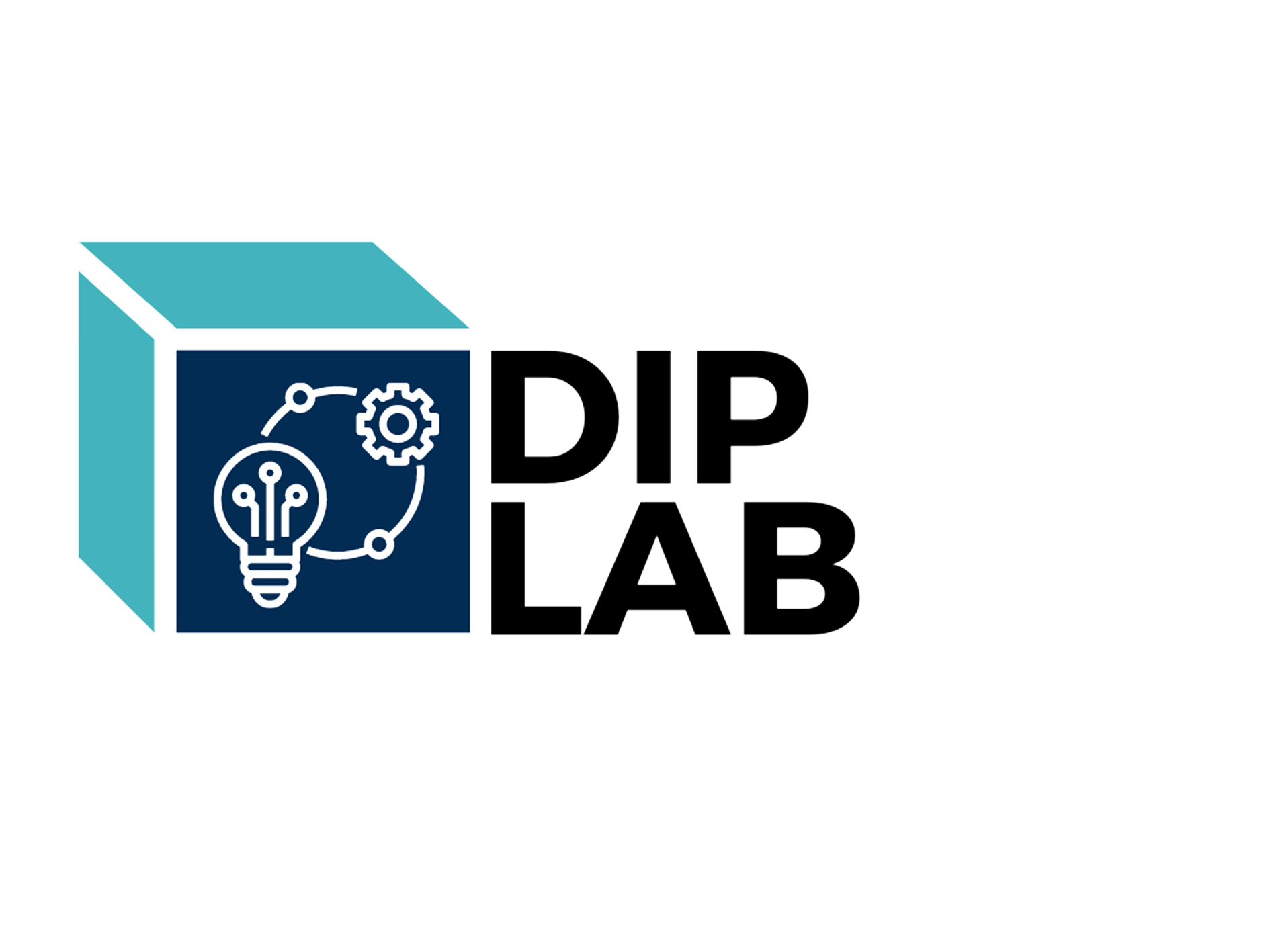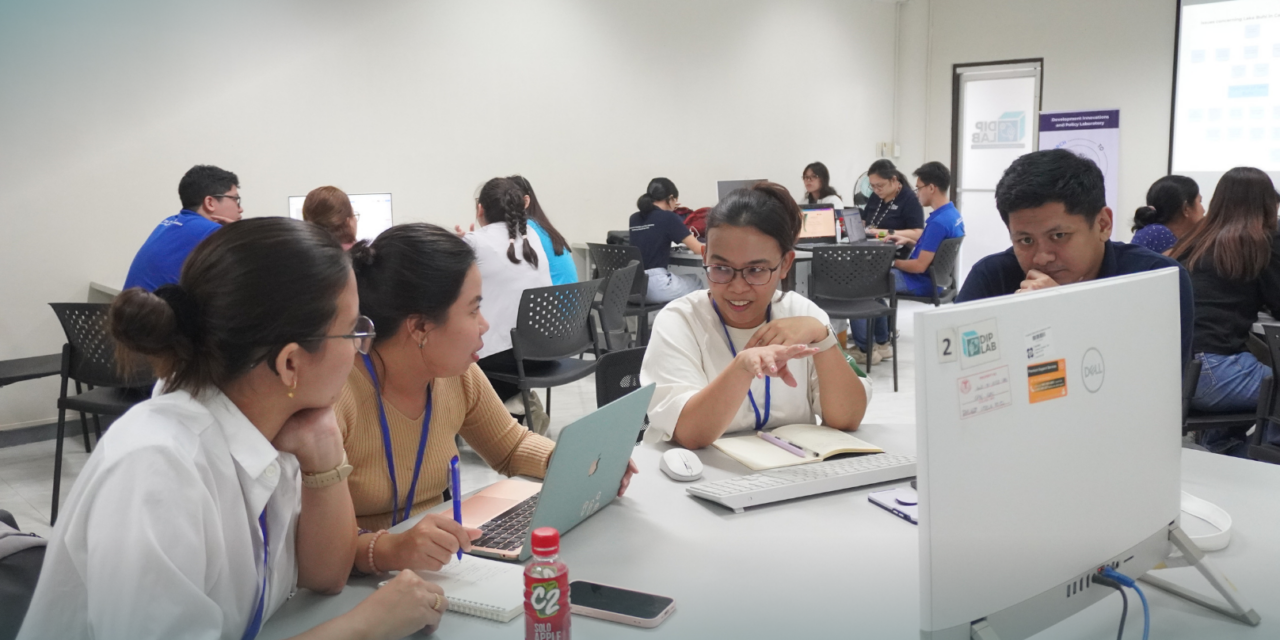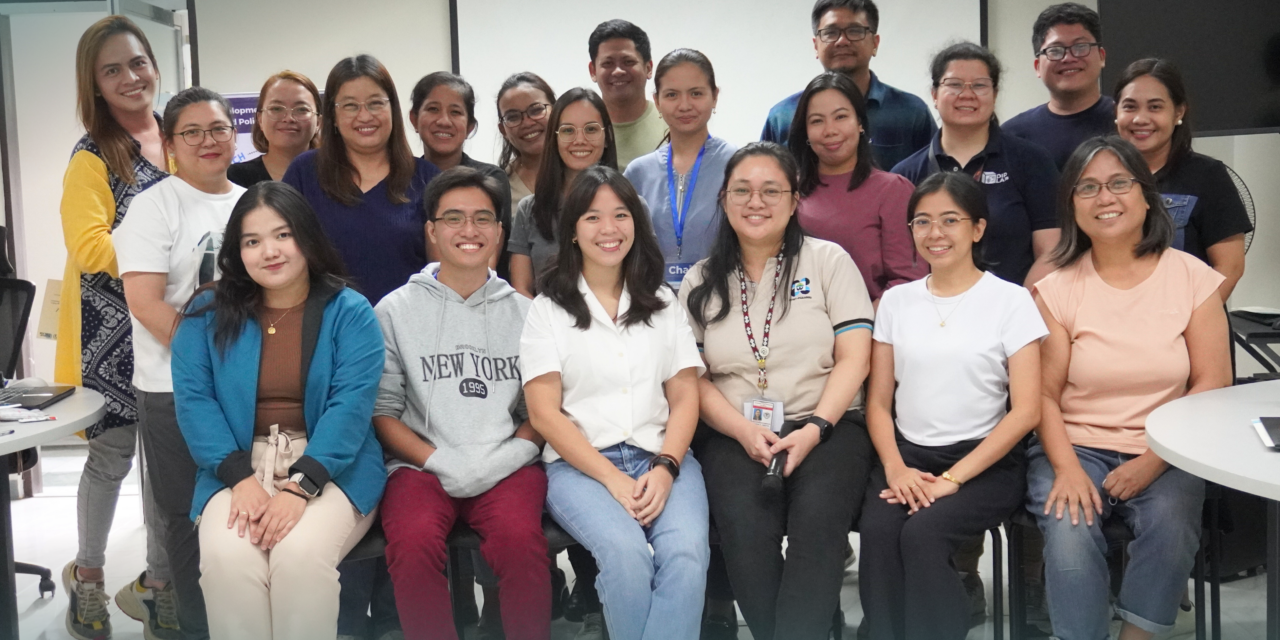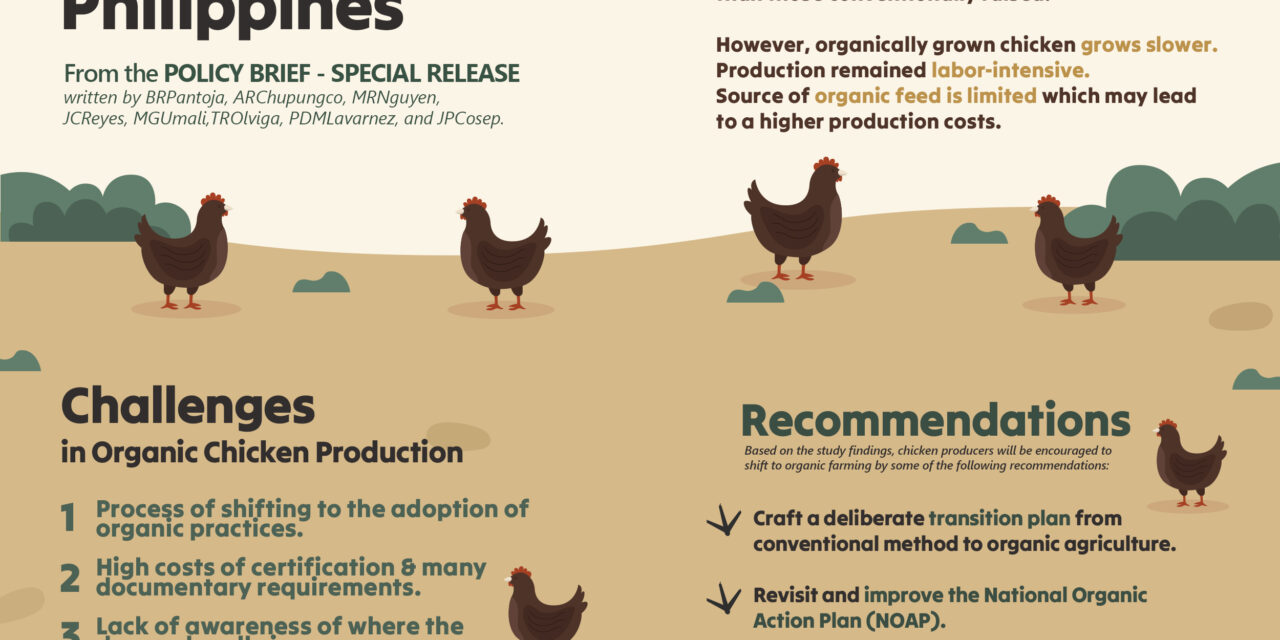
The Development Innovations and Policy Laboratory (DIP Lab) conducted a three-day policy analysis and policy brief writing training and workshop entitled “Transforming Research to Outputs” for the Kolehiyo ng Lungsod ng Dasmariñas (KLD) at the College of Public Affairs and Development (CPAf). From August 12 to 14, 29 participants composed of KLD’s faculty, department heads, and directors, sat down and learned how to correctly structure policy problems from research, identify policy recommendations, and most importantly, package these recommendations into a policy brief. The workshop concluded with a presentation of their drafted policy briefs.
The program consisted of four modules and four workshops. The first session focused on problem structuring. This was facilitated by DIP Lab Phase 2 Project Leader, Dr. Maria Luz Malabayabas, who helped the participants in determining the right problem by drafting its problem tree. The second session was facilitated by DIP Lab Project Members, Ms. Dhannica Amor Domingo together with Ms. Karen S. Janiya. Its module and workshop focused on choosing policy recommendations and communicating them to policymakers and other relevant stakeholders. Lastly, Ms. Therese Marie L. Quilnat shared tips on how to write and package policy briefs.
In the last session, the participants presented their draft policy briefs. Dr. Malabayabas gave her insights and suggestions to help improve their outputs. During the awarding ceremony, “BAHAY AT ESKWELA, MAGKASANGGA: Addressing Cognitive Absorption among College Students in Capiz Province” was chosen as the best policy brief. It recommends shortening the screen time for college students and encouraging digital detox of the students as a way to solve academic procrastination.
DIP Lab is a newly institutionalized policy laboratory of the Center for Strategic Planning and Policy Studies (CSPPS), College of Public Affairs and Development (CPAf), University of the Philippines Los Baños (UPLB), focusing on evidence-based research to policy of the Agriculture, Aquatic, and Natural Resources (AANR) sector.
Stay updated with DIP Lab activities through Facebook @diplab.uplb, X @diplab_uplb , and Spotify.
Written by: Ian Carlo R. Perilla



